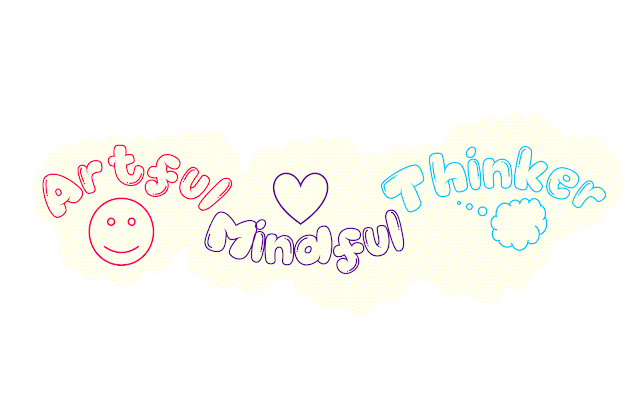In our
fast-paced world filled with constant distractions and information overload, it
is easy to overlook the importance of observation. However, taking the time to
observe our surroundings, others, and ourselves can have a profound impact on
our minds. Observation is a powerful tool that allows us to perceive the world
with greater clarity, gain insights, foster creativity, and develop a deeper
understanding of ourselves and the world around us. In this article, we will
explore the significance of observation and how it can illuminate the mind.
Observation
as Mindful Awareness: Observation is not simply about looking or listening; it
is an active process of engaging with the present moment. Mindful observation
involves paying attention to the details, nuances, and subtleties of our
surroundings. By immersing ourselves in the present moment, we become attuned
to the richness of our environment, discovering hidden patterns, connections,
and insights that might otherwise pass us by.
Enhancing
Perceptual Acuity: When we consciously observe our surroundings, we sharpen our
senses and enhance our perceptual acuity. We begin to notice the intricate
interplay of colors, shapes, textures, and sounds. By training ourselves to
observe the world in this way, we cultivate a heightened awareness that can
lead to new discoveries and fresh perspectives. This attentiveness not only
enriches our experiences but also fuels our imagination and creative thinking.
Developing
Empathy and Understanding: Observation is not limited to the external world. By
keenly observing others— their body language, facial expressions, and verbal
cues—we gain valuable insights into their emotions, thoughts, and perspectives.
This empathic observation fosters a deeper understanding and connection with
people, allowing us to communicate more effectively, resolve conflicts, and
build meaningful relationships. It cultivates compassion, as we become more
attuned to the needs and experiences of others.
Self-Reflection
and Self-Awareness: Observation also plays a pivotal role in self-reflection
and self-awareness. By turning our attention inward, we can observe our
thoughts, emotions, and behaviors without judgment. This introspective
observation allows us to recognize patterns, identify strengths and weaknesses,
and make informed choices. Self-observation enables personal growth and
self-improvement by providing valuable feedback on our actions, values, and
goals.
The Power of
Observation in Learning: In the realm of education, observation is a vital
component of the learning process. It encourages active engagement with the
subject matter, as students are encouraged to explore, inquire, and make
connections. Observation-based learning promotes critical thinking,
problem-solving skills, and a deeper understanding of complex concepts. By
observing and analyzing real-world phenomena, students develop a scientific
mindset, fostering curiosity and intellectual growth.
Conclusion:
Observation is a powerful tool that has the potential to illuminate our minds
and transform the way we perceive the world. By cultivating mindful awareness,
sharpening our senses, and developing empathy, observation enhances our
experiences, fuels creativity, and deepens our understanding of ourselves and
others. It is through observation that we can unlock new insights, find beauty
in the ordinary, and appreciate the intricate tapestry of life. So, let us
embrace the power of observation, for it holds the key to illuminating our
minds and enriching our lives.

